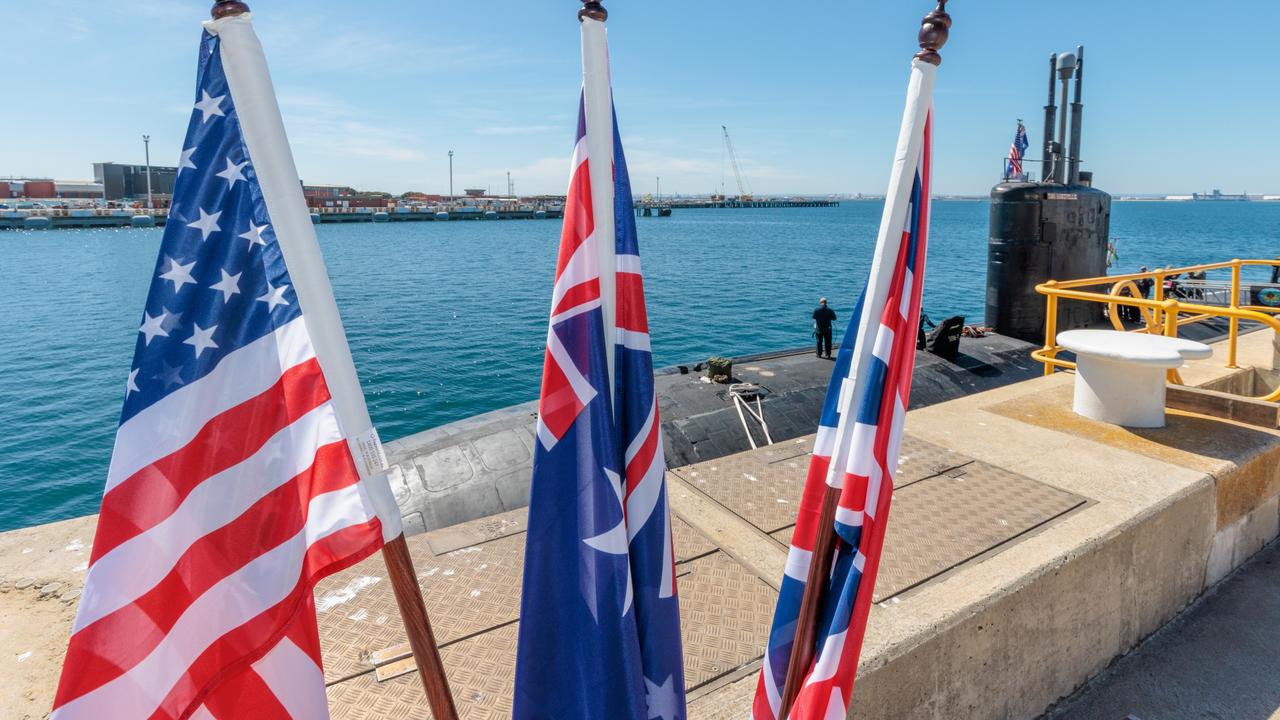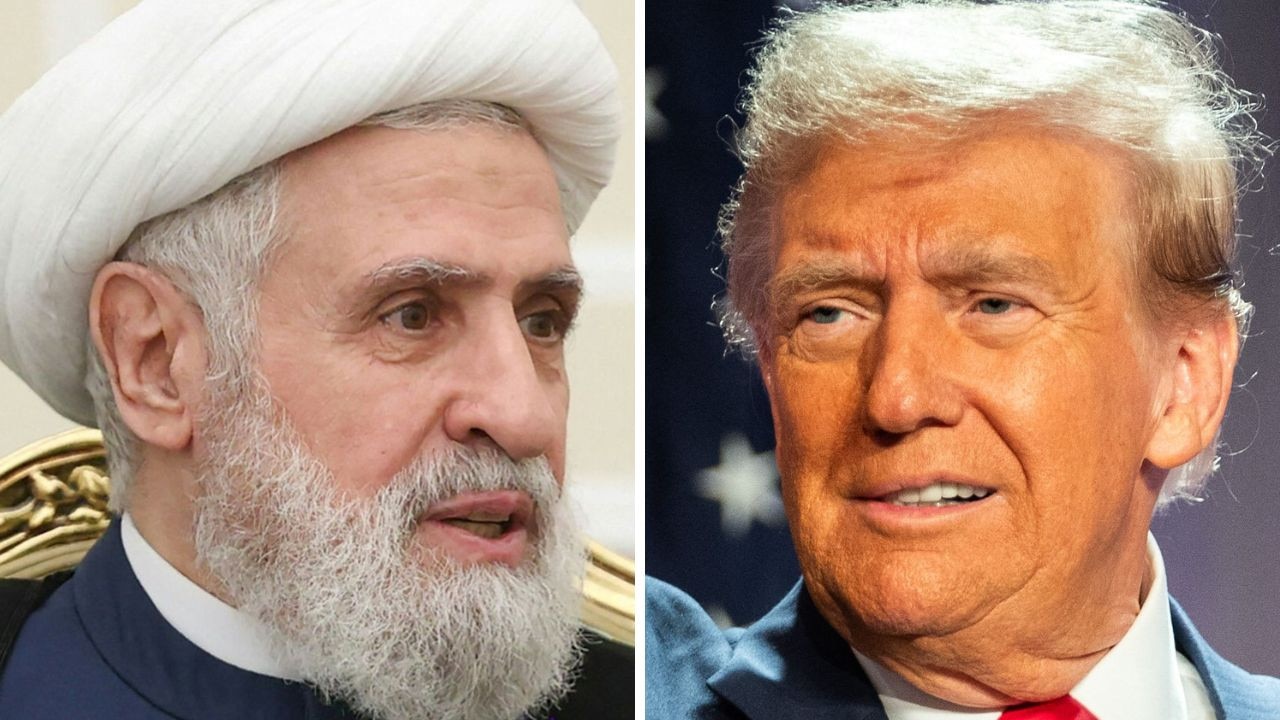Superforecasters made predictions about likelihood of Australia, China war
A team of global superforecasters have made a series of predictions about the future of Australia and China’s relationship amid rising tensions.
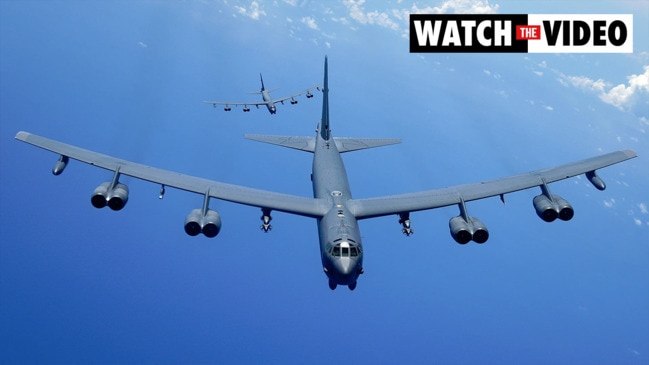
Australians have been warned to brace for tensions with China to reach new heights, with a war between our two countries likely to break out in just over a decade.
According to a team of expert predictors from around the world, known as superforecasters, 2036 is the most likely date for an armed conflict between Australia and China to be declared.
But who are these “superforecasters” and how could they possibly predict such an event?
Superforecasting is a scientifically validated process that has its roots in the work of US psychologist Philip Tetlock, who co-founded the Good Judgement project in 2011.
The company won a geopolitical forecasting competition run within the US intelligence community which found the superforecasters were 30 per cent more accurate than intelligence analysts with access to classified data.
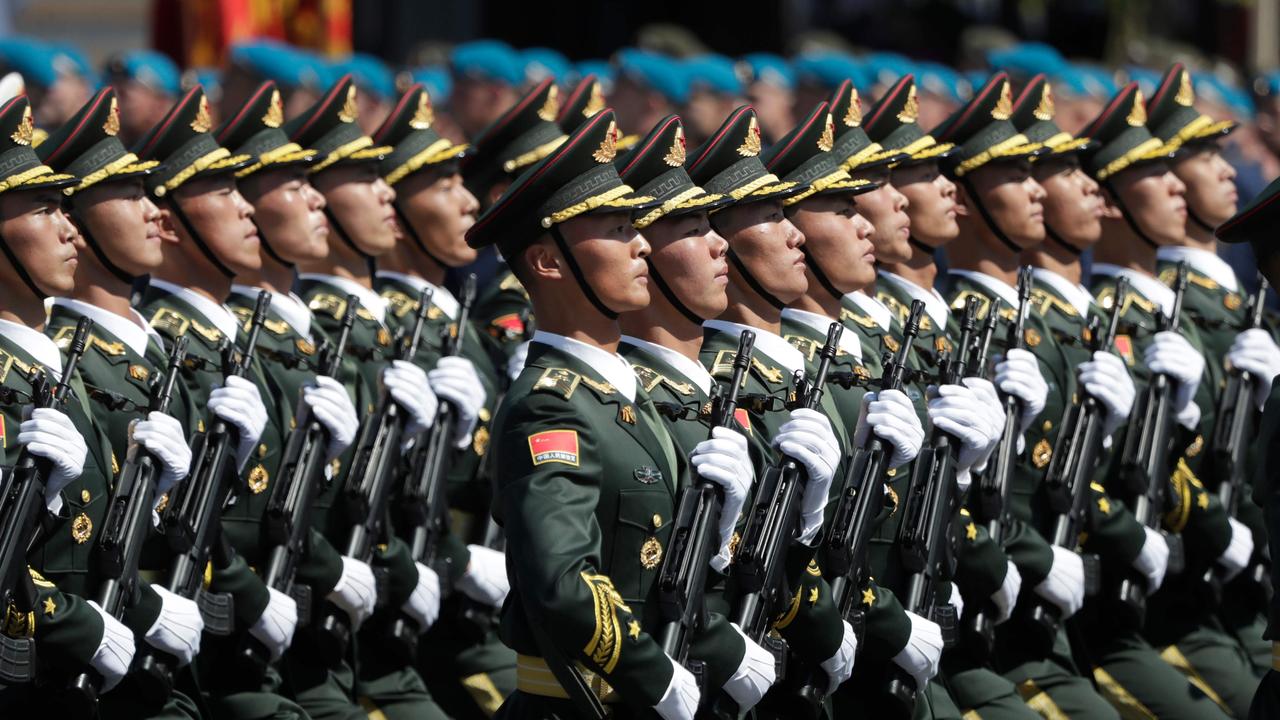
Good Judgement now has a global network of certified superforecasters and provides forecasting services for organisations seeking early insight on pivotal questions about the future.
The group has decades of collective experience in assigning well-calibrated, accurate probability forecasts to complex geopolitical, economic, legal/regulatory, public health, and technology outcomes.
News.com.au posed a series of questions to the team regarding increasing tensions between China, Australia and the US. The number of active superforecasters that contributed to these results ran from 20 to 35 across the different questions.
When will an Australia/China armed conflict occur?
Asked when will either Australia or China (or both) declare it is in a state of direct armed conflict with the other, 30 per cent of the forecasters said “never”.
However, the median answers of the rest came to 2036, just 13 years from now.
Some of the superforecasters believe this will be triggered by a blockade or attack from China on Taiwan or small islets in the South China Sea, sparking US intervention.
Australia will become involved by providing naval and air support to the US, resulting in China attacking Australian assets or US bases in Australia.
Many others agreed that the most likely way Australia would engage in a conflict with China is if it was “dragged in” by the US or UK.
“Given the deepening defence relations between Australia and the United States (for instance, the new AUKUS pact), it would be mildly surprising if Australia was not a participant in any direct armed conflict between the US and China,” one forecaster said.

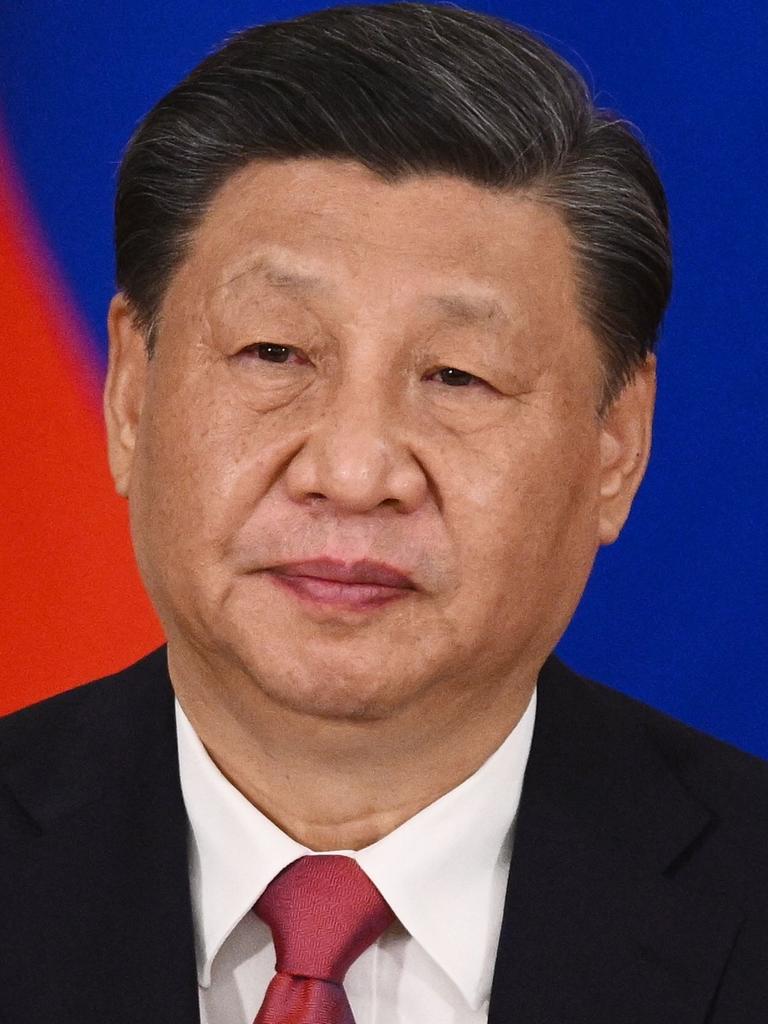
Another branded China and Australia “Pacific rivals”, noting that we remain the “easiest” AUKUS member for Beijing to target and our “resources may be too tempting for China”.
One forecaster believed there was more than a 50 per cent chance that either Australia or China would declare war on the other by 2080, but added, like many others, that we would follow in the footsteps of the US.
“I believe Australia has also not formally declared war since WWII, and is very unlikely to do so unless it is part of a broader coalition, including the US,” another said.
“If this was contingent on the US declaring war, I’d up it considerably – maybe around 50 per cent?”
There was also the suggestion that China may want to “test” AUKUS at some point in the future, resulting in a wider conflict.
Of the 30 per cent who said an armed conflict between the two countries would never be declared, the main reasons appeared to be the fact that China is one of Australia’s biggest bilateral trading partners and war would result in a huge financial hit for both countries.
“Too far away and too large to be a military target. Only way I see would be a NATO Article 5-like scenario in AUKUS or Australia joining NATO as a follow-up of a bad escalation of China vs. Taiwan/US. Very unlikely, in my opinion,” one forecaster said.
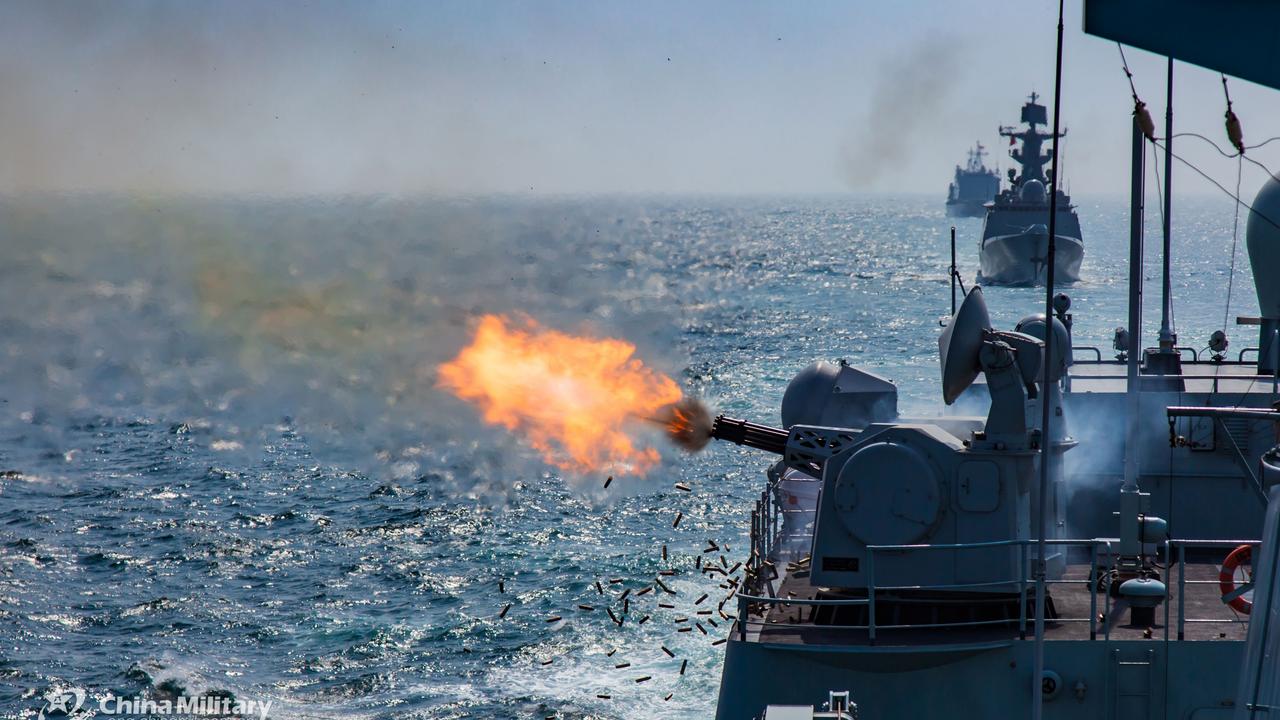
When will a US/China armed conflict occur?
So, what about a US/China war? Well, according to the superforecasters, that could happen as early as 2025 or as late as never.
Asked when will either the US or China (or both) declare it is in a state of direct armed conflict with the other, 30 per cent of the forecasters said “never”.
The median answers of the rest came to 2034, just over a decade from now and sooner than a China/Australia conflict.
Many agreed that the most common scenario in a China/US war would start with the invasion of Taiwan.
“My assumption is that the DPP candidate will win the 2024 Taiwan election, convincing the PRC that peaceful unification isn’t a prospect,” one superforecaster said.
“China’s leadership loses patience and worries that the US will only bolster Taiwan more if they delay unification. A PRC blockade/attack triggers US intervention.”
Another noted that recently growing tension between the two superpowers makes an armed conflict possible.
“Conflict between the major blocks have led to war about every 30 years over the last century,” they said.
There were multiple superforecasters who believed there is more than a 50 per cent chance for a US/China war, with one suggesting that “our long-term cycle of peace has just about run its course”.
“I worry about a new hard line generation of leaders on both sides with no personal experience with major war,” they said.
The growing instability in US politics was a particular area of concern for one of the superforecasters, who said a continued breakdown in that area makes it easier for the US to “turn its ire towards China” and see it as “the enemy” in an even bigger way than it does now.
“A few dozen more political cycles like that and I can see a path for calls for war,” they said.
One of the other popular predictions among the group was that, rather than engaging in a formal war, both would use other countries as “proxies” to fight one another, such as has happened with the US and Russia over the Ukraine invasion.
In the case of the US and China, the “proxy” country is most likely going to be Taiwan, with on forecaster saying both superpowers have too much to lose by declaring direct armed conflict with the other.
“US will help Taiwan if China invades, much like they are helping Ukraine, in my opinion, but both superpowers will dance away from direct confrontation, much as we see NATO and Russia now,” one said.
For those in the group who don’t see a US/China conflict as a possibility, the economic relationship between the countries was one of the main reasons for this viewpoint.
One forecaster noted both economies are very connected and felt there was little “appetite” to change that in the near future with a declaration of armed conflict.
Read related topics:China




